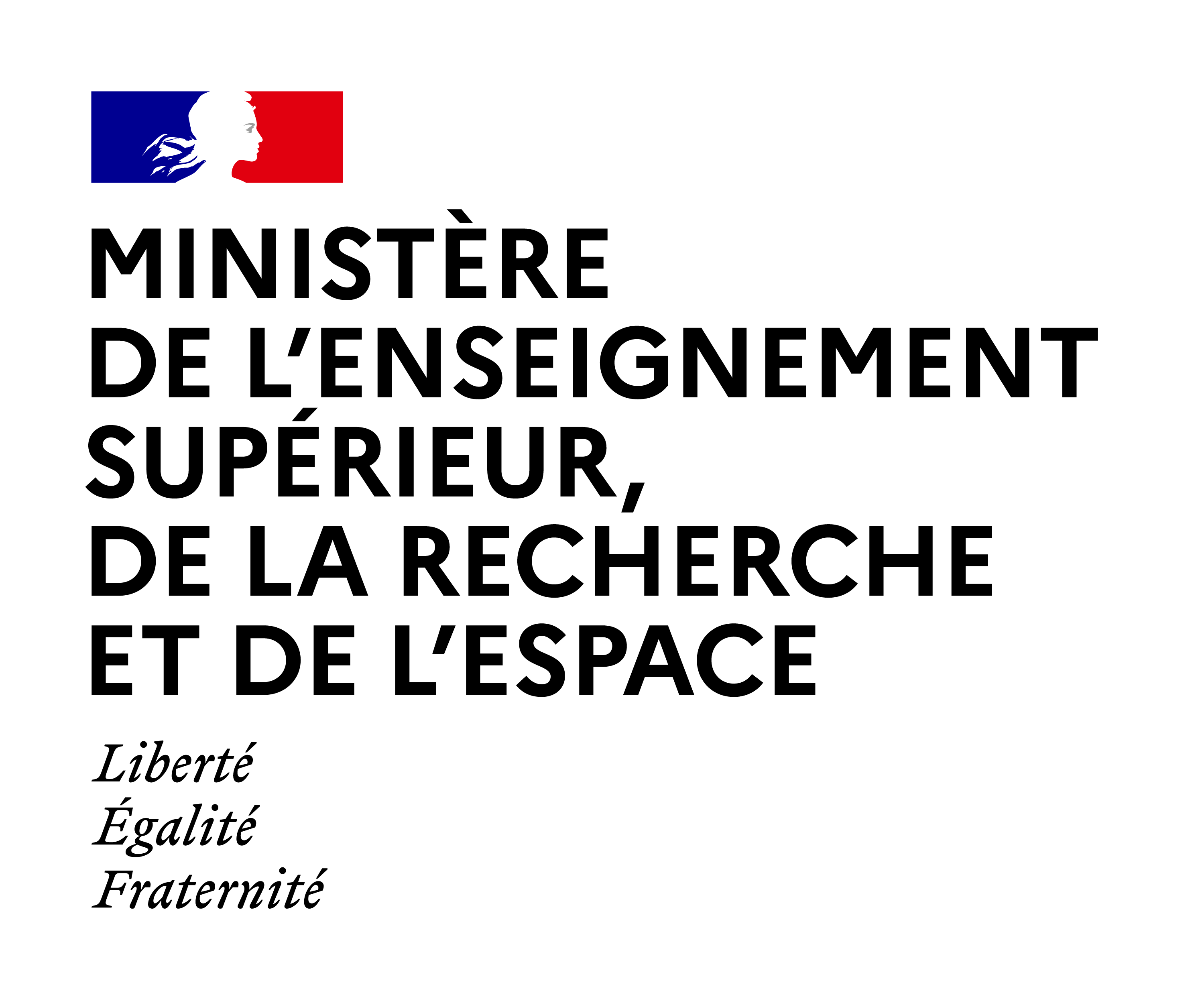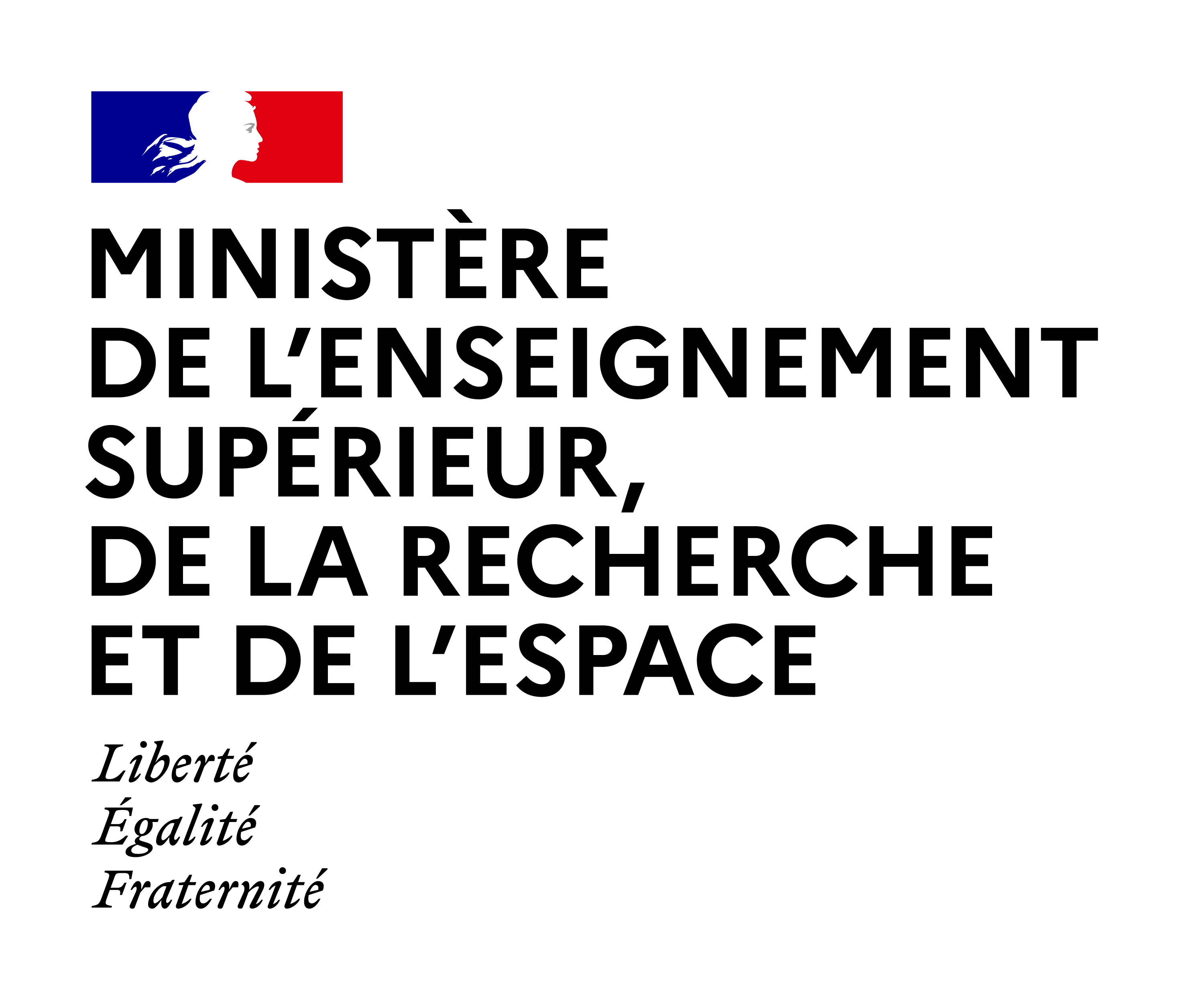
Sommaire
Mixité, an urban and housing issue: introduction au colloque [VF]/ M.-C. Jaillet, Jean-Claude Driant
Date de création :
05.07.2011Auteur(s) :
Marie-Christine JAILLET, Jean-Claude DRIANTPrésentation
Informations pratiques
Droits réservés à l'éditeur et aux auteurs.
Description de la ressource
Résumé
Mixité, an urban and housing issue : introduction au colloque [version française avec traduction consécutive ou simultanée] / Marie-Christine Jaillet, Jean-Claude Driant. In "Mixité : an urban and housing issue? Mixing people, housing and activities as urban challenge of the future", 23ème colloque international de l'European Network for Housing Research (ENHR), organisé par le Laboratoire Interdisciplinaire Solidarités, Sociétés, Territoires (LISST) à l'Université Toulouse II-Le Mirail, 5-8 juillet 2011. 1. Debating around ‘Mixité’ in Toulouse: An appropriate place to speak of it / Marie-Christine Jaillet The term 'Mixité', most often qualified by either 'functional' or 'social', has taken on a prominent position in the field of public policies on housing. It has come to represent the antidote to social or ethnic segregation as well as the trend in urban zoning that has separated housing, work places, and shops and services. Though researchers are very hesitant on a form of ideal 'mixité', one that is supposed to remedy the ills of contemporary society (segregation, ghettoisation, the dislocation of social ties, matching with its peers), they are even more dubitative on the normative or prescriptive dimension of social mixity’s injunction, one that inspires a certain number of public policy’s dispositions. Nevertheless, in the name of mixity, myriad efforts are currently undertaken in urban contexts: for example, within urban renovation or regeneration policies, or in the framework of the redistribution of social housing. Though we can question the very pertinence of the notion of mixity and its ideological foundations, it is also interesting to consider what its implementation produces. Beyond its mobilizing effect, does it render the manner in which housing is organized more efficient and effective? What does it produce, 'side by side' situations or social interactions? Mobilizing in Toulouse academic debate from various European countries is all the more interesting Young metropolis, barely a millionaire city, with one of the highest rates of population growth in France, its urbain development is characterised by a more and more visible social space division. Toulouse embodies the paradox of metropolitan societies where the greater social diversity, a form of cosmopolitanism, generates distancing or avoidance attitudes or strategies rather than producing "friction" or interaction. In such a world, what could constitute a physical and metaphorical "common space"? It would have to be a space that allows cities to carry out their integrative functions, not through "fusion" or by overcoming differences, but rather through the emergence of a common identity and the capacity to live together. Metropolitan, social strategies of aggregation by affinity, whether territorial or reticular, do not necessarily oppose this process; but they do not really contribute to developing it either. How can public action help reestablish "convivienca" in our metropolitan era? By fighting against processes of self-segregation by imposing a "diversity" that is less and less accepted? Toulouse is attempting to address this question by struggling in the social housing neighborhoods against the processus of ghettoization and by developping solidarity policies that attempt to distribute social housing more evenly. The challenge for Toulouse is then to try to reduce the clubbization trends of the urban spaces and to produce, on a daily basis, if not a “mix” city at least a city that is socially "sustainable". 2. The housing situation in France: The main issues / Jean-Claude Driant The object of this opening presentation is the housing situation in France and the main issues of the current housing debate in France. With less than a year to go before the next presidential election, France is entering into an important political period and, judging from what party leaders have been saying so far, the housing crisis looks to be one of the main items on the agenda for this election year. We are going to try to understand why and pinpoint the principal subjects of the current housing debate. This presentation is in three parts: why has the issue of housing reemerged in the political debate?, why is the housing situation in France widely referred to as a crisis?, what are the most important issues to address in present and future housing policies? Those housing policy choices, in turn, involve answering four key questions: To what extent should efforts be made to promote owner-occupied housing? Is the French social housing model jeopardized by the pauperization of the population and by the right to housing now enshrined in French law? What policies might help regulate real estate prices and rents? To what extent should housing policies be decentralized in order to satisfy a very wide range of housing needs? > > La traduction consécutive en anglais de la première communication est assurée par Mme Solange Hibbs (directrice du Département Centre de Traduction, d'Interprétation et de Médiation linguistique (CETIM) de l'université Toulouse II-Le Mirail, membre de l'Association Internationale des Interprètes de Conférence -AIIC).
"Domaine(s)" et indice(s) Dewey
- Autres groupes (305.9)
Domaine(s)
- Sociologie et démographie économiques
- Sociologie, processus sociaux, interaction sociale
Intervenants, édition et diffusion
Intervenants
Édition
- Université Toulouse II-Le Mirail
Diffusion
Document(s) annexe(s)
- Cette ressource fait partie de
Fiche technique
- LOMv1.0
- LOMFRv1.0
- Voir la fiche XML




